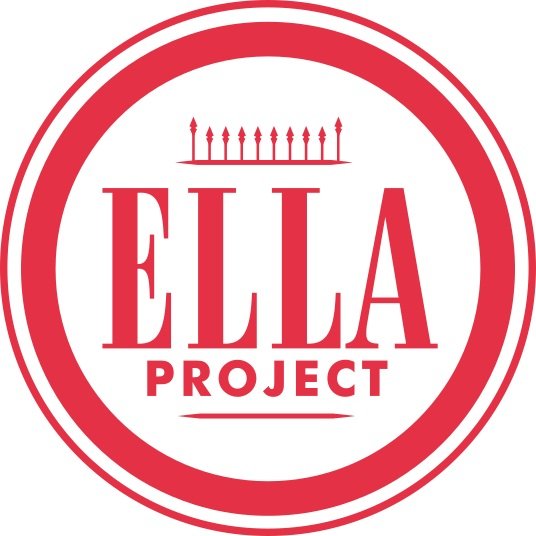Cheers to the City’s Night time Economy Office. Now the work begins!
Howie Kaplan, New Orleans’ new
Night time Economy Manager
Local cultural advocates received some good news recently with the City Of New Orleans bringing in Howie Kaplan to manage the City’s new Nighttime Economy Office. Success has a thousand parents, and along with Jan Ramsey of OffBeat, Michael Bracy of Music Policy Forum, and Former Councilmember Kristen Palmer, The Ella Project has been deeply engaged in this issue for five years, (see the slide deck of our 2019 presentation to the New Orleans City Council), and we’re thrilled to see this positive step to protect and grow both our neighborhoods and our live music scene. This started with the idea that night time businesses are simply different, and we have an entire system of regulation that’s set up for daytime businesses. Code enforcers at City Hall aren’t expected to answer the phone at 2:00 a.m. But you know who does? NOPD, and they are neither trained code enforcers, nor people with a lot of spare time to dive into noise disputes or street buskers. The results of this have been predictable, and we’re excited to see our city try a new approach.
When The Ella Project led a fact finding trip of city leaders to the West Coast in 2019, we met with industry veterans from San Francisco and Seattle, and came back with better practices to ensure this office could be successful (chief among them: this office is a tool, not a panacea). In this wide ranging interview with OffBeat, Kaplan discusses the possibilities and limitations of this new office. And the possibilities are great, but so is the need to have a focused, comprehensive plan, and to understand that a Nighttime Economy office is different from a traditional cultural economy advocate. When looking specifically at this office, here are the goals we advocate for:
• Balance promoting the nightlife and cultural economies with reasonable regulation.
• Serve as a liaison between government agencies and the nightlife and cultural sectors.
• Preserve and advocate for social, cultural and economic value of nightlife and cultural sectors.
• Oversee compliance with codes, policies and regulations.
• Educate nightlife and cultural stakeholders to operate successful, sustainable businesses, along with thriving communities and neighborhoods.
So what about the police? Cities like Seattle have a dedicated police unit dedicated to overseeing night time businesses, and while this may not be best idea for New Orleans right now, we urge the Night time Economy office to interface with the New Orleans Police Department with the goal of ensuring public safety while minimizing the impact to quality of life. In that vein, we urge the City to engage NOPD, develop a line of communication between this office and the Department and work together to:
• Bring the with the Nightlife Economy Office into all policy discussion on enforcement.
• Review citizen calls to NOPD/311 to identify patterns of concern along with opportunities to positively address those challenges.
• Create meaningful ways to promote the health and safety of nightlife and cultural sectors, including impact on neighborhoods.
As the Office establishes itself, there’s an opportunity to further examine San Francisco’s model of creating a full Entertainment Commission within the City government for permitting, outreach, and development of specific programs, but as the people who created this Commission told us, this took time, and a tolerance for missteps. First step is to make this office an example of competent, effective government, and we’re optimistic. So welcome Howie Kaplan! Let’s continue to work together to support the creatives and culture of New Orleans.

